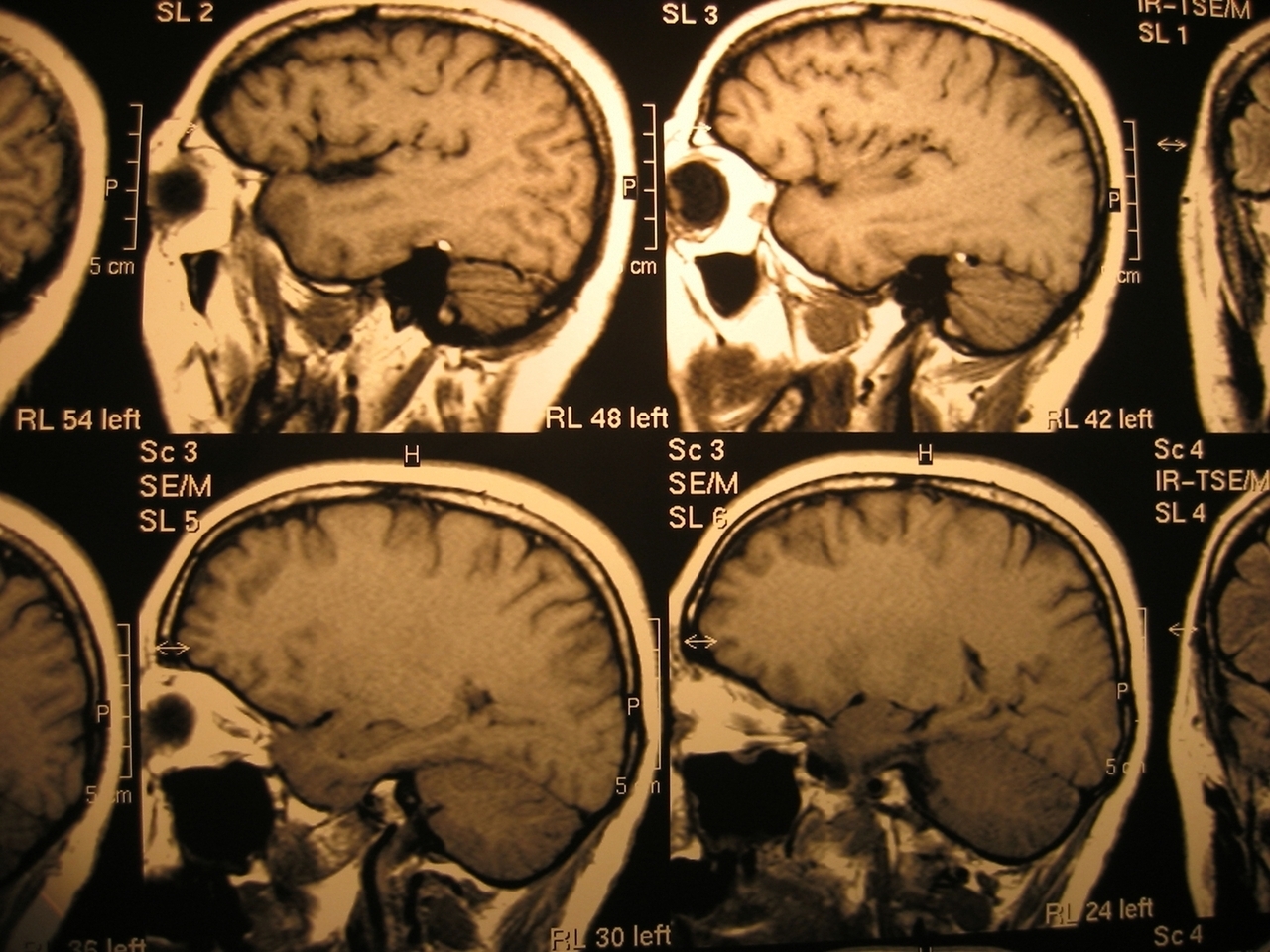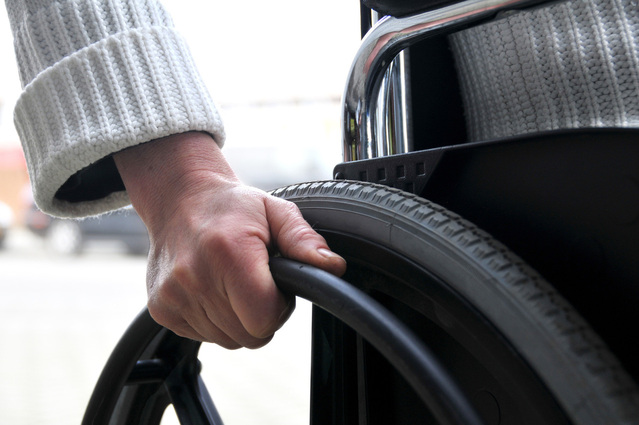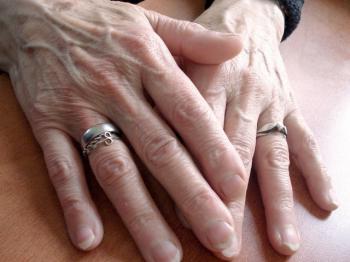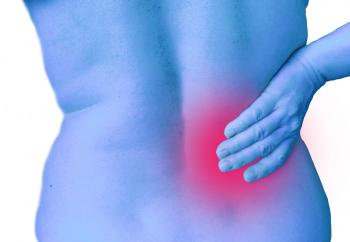Users Who Spiked

A COMPLETELY DIFFERENT LIFE CRISIS: LIFE WITH CHRONIC DISEASE
Private Notes
Private Notes
Notes
We all know the jokes about a midlife crisis and the 40-something male quitting his job, buying a red sports car and divorcing his wife to date a woman half his age. Now studies have come out reporting the rise of the quarter-life crisis, where those in their 20s and 30s are quitting their jobs, suffering depression and changing the direction of their life.
While both of these crises are based on unhappiness with life choices and the desire to make a change, there is one life crisis that has not been given an official name and is not based on wrong choices, but rather a necessity for change. It is one that affects women more than it does men. It is one that many women will face all by themselves. It is one that comes about when a healthy woman first gets diagnosed with a disabling disease. I call it the disability-life crisis and the symptoms are a combination of a life crisis and the stages of grieving.
Discovery and Denial
You are a perfectly healthy, active young woman in the prime of your life. One day, out of nowhere, a leg gives out or pain starts and just won't go away. You ignore it and figure that maybe you are just getting older and it will go away; only it doesn't go away and actually becomes more frequent. Finally, you give in and go to the doctor, figuring that he is probably just going to laugh and tell you that you aren't as young as you used to be.
However, after a few tests, the doctor comes back with an odd look on his face, saying something about Lupus, Rheumatoid Arthritis, or Multiple Sclerosis. He starts going through different symptoms and possible treatment options, but you hear nothing that makes any sense. How could this little pain be turning into something this big? It must be a bad joke or a nightmare and tomorrow you will wake up and it will all be a distant memory. There is nothing wrong with you that a little rest won't fix.

Anger and Questioning
Once you realize that this little pain isn't going anywhere and is actually getting worse, the anger sets in. As the pain gets worse, your body stops functioning as it should and the information the doctor provided has sunk in, you question what it is that you did to cause all this. Did you not eat right? Did you spend too many college nights out drinking? If you are religious, you question why God would do this to you?
You slowly begin to see life as you knew it slipping away. You might not be able to work as you used to, if at all. Getting dressed may require help. You may require the use of crutches or a wheelchair to move. As each new obstacle gets thrown at you, you become angrier. Your patience becomes short and you will find yourself snapping at people for no reason at all. The question "Why me?" becomes a daily part of your vocabulary.
Regret, Depression, and Loneliness
As your life begins to change, and you are no longer able to do a lot of the things you used to, you begin to look back on your life and regret those things you always put off until another day. You always figured that day would come, but now that it is not an option anymore, you look back and wish you had just one more normal day.
You may find that the friends you have had for years can't understand what you are going through. Without being able to go out and do the things you used to, you may feel as though you are being left behind. Spending many days in pain and unable to even get out of bed, you begin to feel isolated and alone. This can lead to severe depression and a feeling of worthlessness. You may ask, "What good is planning a future if I can't even be sure what my body will let me do?" It is important in this stage to have a spouse, family member or friend to help you get through.
Acceptance, Hope and Moving Forward
For many, reaching this final stage can take years but it is well worth it. Once the reality of your disease has set in and you have learned to deal with its unpredictability, you can learn to plan for a future. You may not be able to work the job you once had, but now is the time to find something you enjoy and can do around your disease. You may not be able to run around with your kids and play ball with them like you used to, but you have realized it is not about what you can and can't do, but the fact that you are there is what's important.
While being diagnosed with a debilitating disease has many downsides, there is a very important lesson it teaches you. You never know what tomorrow will bring. Don't put off doing something because you don't have the time. Live your life as if tomorrow may never come and be thankful for all the tomorrows you receive.
I have personally gone through all these stages and still find myself revisiting each of them at certain points in my life, but I have found ways to work around my diseases. I have been blessed with so many wonderful friends and family that help me through each day. I am able to enjoy the work I now do and can work around how I feel. I may have a disease and a disability, but I have learned to make the most out of every day I am given.
Comments
Please login to post comments on this story
-
This is so inspirational! Definitely a great example for many. Thanks for sharing Deborah!
-
It can be hard to find that acceptance. Thank you for the advice on how to do it.
-
I can totally relate to this. I was diagnosed with Graves disease in 2017. It took more than a year for them to figure it out. They kept trying to send me to the psychiatrist and told me it was all in my head. It was awful. I was actually relieved when they figured it out because with the diagnosis came more treatment options. I have been in remission for almost 2 years. The thing that helped me the most was the autoimmune protocol diet. This is a great piece. It gives people hope. Thanks for sharing!




































